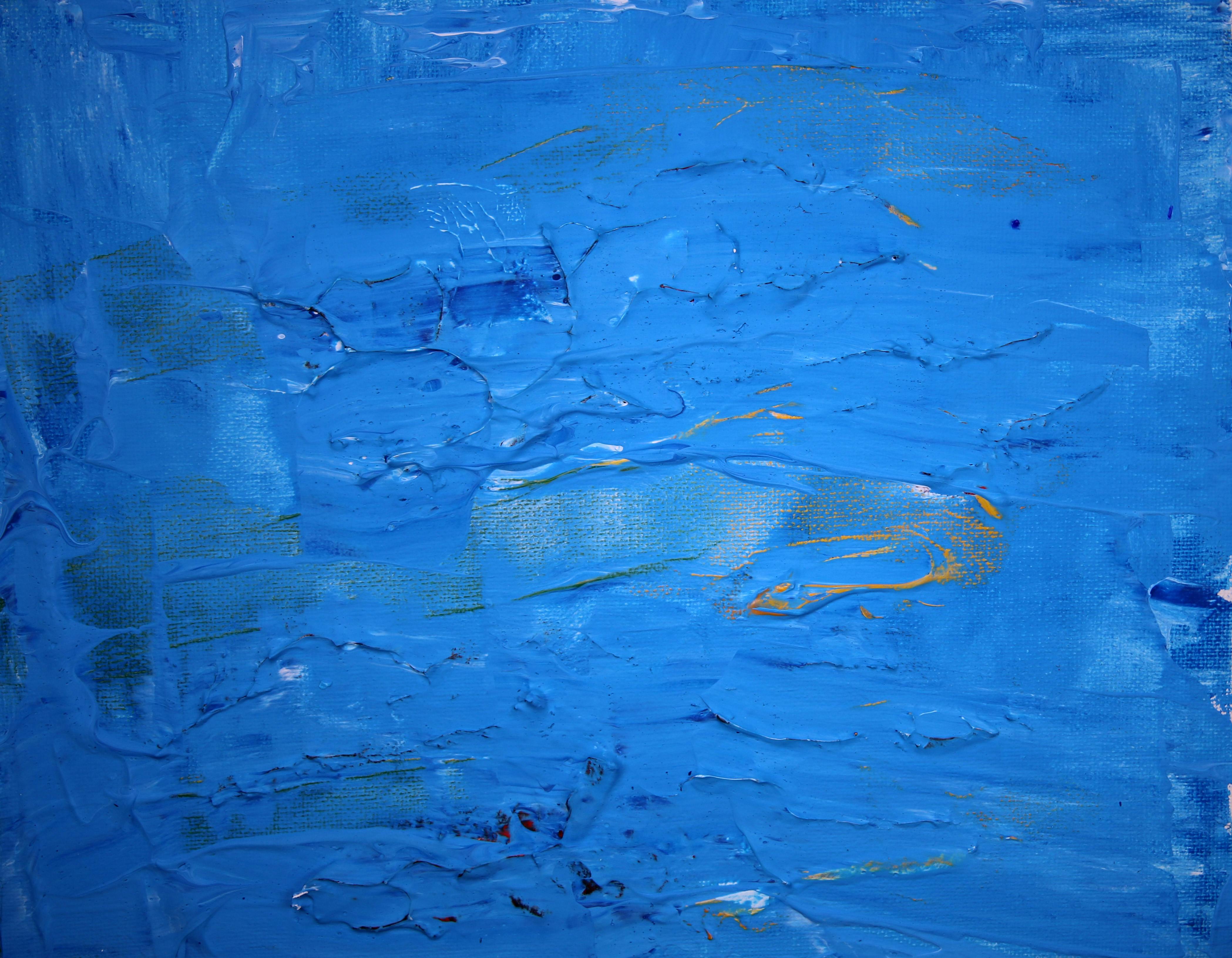
Vijay Singh or Lee Chong Wei? Everyone is equal for sports journalists
You can choose between an all-expenses-paid trip to Fiji in business class to interview golfer Vijay Singh just days after he set a US PGA Tour record, or cover the early rounds of the US Open badminton tournament. Malaysia.
What would any normal person do? Unfortunately, journalists are far from normal: in the hours they work, the way they write, and their perspective on who’s a star and who’s not.
That’s why sportswriters will tell you it’s not about the name, it’s about the story they tell.
This is the second time he has turned down that trip to Fiji, the first being a couple of years ago when Singh went to his native country to start working on his own golf course there.
Was it an easy decision? Yes it was. Reuters asked me a week before if I was good or not for badminton and I said yes.
It was painful? Extremely. Coup plots aside, Fiji is the desert island of sun, sea and sand of choice when it comes to being washed ashore after a shipwreck.
But the excitement of sports journalism comes from the unusual, which I’ll explain later. This is how all sports journalists learn to write. Or at least it should.
The Fiji offer came from Asian Golf Monthly, for which I write a column titled “Bunker Blues.”
The boss told me that Singh had only decided to make the trip to Fiji after winning in Kapalua, Hawaii on Sunday for his 30th career title and 18th since he turned 40, passing Sam Snead for the most wins. victories after 40.
As a journalist, you have to be professional at these things (she says as she cries into her morning tea, which comes in a conical glass with a cherry and a mini umbrella sticking out to remind her what she’s missing).
I write in my eBook “Secrets of How Top Pros Write News” that it doesn’t matter if you’re interviewing Tiger Woods or your local under-15 bowler because everyone has a story to tell.
As I learned to write and grew as a journalist, this concept became stronger, especially when you realize how bland some of the more well-known sports “stars” can be.
Still, we’re talking about Fiji, huh? I’ll get there one day, God willing.
Sports stories aren’t as limited as hard-hitting news articles, which can restrict the words you use and what you can report.
In sports, you can enter the life of your subject. You can explore the human side.
When the United States bombed Iraq in late 1998, I was at the Asian Games in Bangkok, as a reporter for Agence France-Presse.
I went to the athletes’ village that morning and found a Kuwaiti runner who said he had been taken prisoner by Saddam Hussein’s army before the first Gulf War and was eventually released by US forces.
His sport, his results, his training regimen were mere parallel stories to his ordeal.
When you write sports stories, you have so much more than A beats B. You have emotion, ambition, achievement, sacrifice, and countless other aspects that add drama to your writing.
Talk to the athletes, ask them how they got there, what they did last night, what they ate, any problems getting to the venue. Ask them about their life.
You will see how much it can enrich your articles. Journalism is about people, and sports can tell their stories better than any other genre of writing, IMHO.
So whether it’s Malaysia’s best badminton player, Lee Chong Wei, or Vijay Singh, both are the same on the other side of my notebook. Their star status will depend on the story they have to tell.